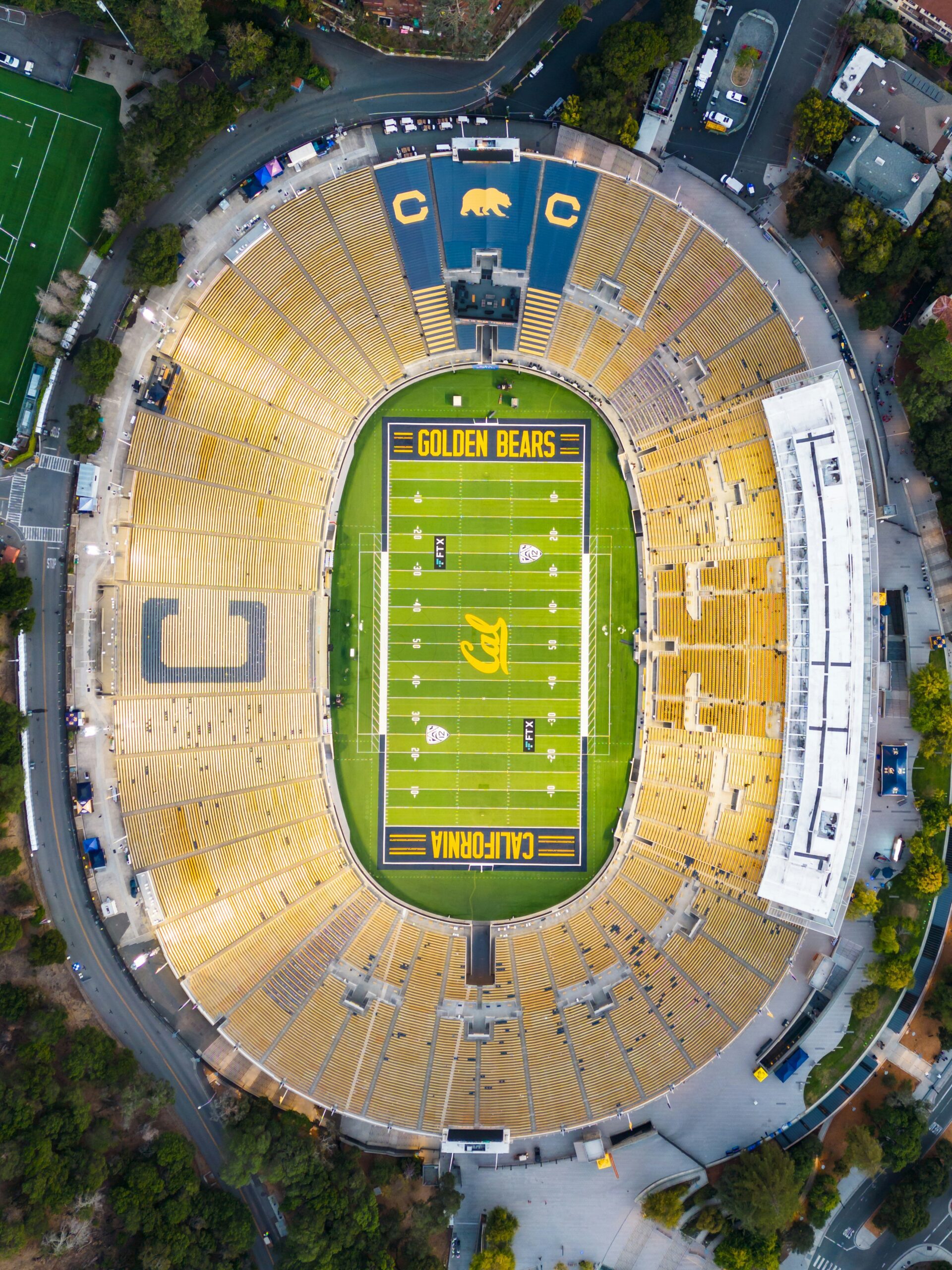

Introduction to sports and community building
Sports have always been more than just games. They are a powerful unifying force that brings people together, igniting passion and fostering connections within communities. From local youth leagues to professional teams, the impact of sports transcends scores and statistics. It creates bonds among individuals from various backgrounds, encouraging collaboration and understanding.
As we dive deeper into how sports shape our neighborhoods, we’ll explore their role in promoting diversity, building teamwork skills, and overcoming challenges. Join us on this journey beyond the field as we uncover the profound influence sports have on community building.
The role of sports in promoting diversity and inclusion
Sports have a remarkable ability to bring people together. They create a shared space where diverse backgrounds converge. Athletes from various cultures unite under one common goal: teamwork.
Participation in sports often fosters understanding and acceptance among different groups. Players learn about each other’s stories, breaking down barriers that may exist outside the field. This interaction encourages empathy and respect for individual differences.
Leagues and organizations increasingly emphasize inclusivity in their programs. Initiatives aimed at promoting gender equality or welcoming LGBTQ+ athletes are becoming more prominent. These efforts not only enrich teams but also broaden community perspectives.
Moreover, youth sports can serve as vital platforms for teaching diversity early on. Children who engage with peers from varied backgrounds develop social skills that last a lifetime while cultivating an appreciation for diversity within their own communities.
Building teamwork and leadership skills through sports
Sports provide a natural platform for cultivating teamwork and leadership skills. When players come together, they learn to communicate effectively. Each individual must understand their role while supporting others.
Team sports require cooperation. Athletes develop trust as they rely on each other during games and practices. This fosters strong bonds that extend beyond the field.
Leadership emerges when athletes take initiative or motivate their teammates. Captains lead by example, inspiring those around them to strive for greatness. They encourage a positive attitude even in challenging moments.
Conflict resolution is another vital skill gained through sports. Disagreements may arise, but finding solutions helps build resilience within the team dynamic.
As players navigate victories and losses together, they learn accountability and perseverance. These experiences shape not only better athletes but also well-rounded individuals ready to tackle challenges in all aspects of life.
Challenges and solutions for using sports to build communities
While sports can unite, challenges often emerge. One major hurdle is accessibility. Not everyone has equal opportunity to participate due to financial constraints or lack of facilities.
Another issue lies in inclusivity. Some programs may unintentionally exclude marginalized groups, leading to a divide rather than unity.
To address these problems, community leaders must prioritize inclusiveness by creating scholarships and funding initiatives for underprivileged youth.
Offering diverse sports options can also make participation more appealing to different demographics.
Building partnerships with local organizations ensures that resources are shared and access improves for all.
Fostering an environment where every voice matters is essential for genuine community building through sports. By recognizing obstacles and actively seeking solutions, we pave the way for stronger connections among individuals from various backgrounds.
Conclusion: The continued importance of investing in sports for community building
The impact of sports on community building is profound. Investing in sports programs fosters connections among individuals, transcending boundaries and creating a sense of belonging. These initiatives don’t just develop athletes; they cultivate leaders and inspire teamwork.
Communities thrive when their members come together to support local teams or participate in recreational leagues. This shared enthusiasm builds relationships that might not otherwise form. It encourages healthy lifestyles while promoting values like respect and fairness.
Addressing the challenges faced by communities—such as funding shortages and inclusivity issues—is crucial for maximizing the benefits of sports. By finding innovative solutions, we can ensure everyone has access to these vital experiences.
Continued investment in sports will yield lasting dividends for society. As we nurture this powerful tool for connection, we empower individuals to contribute positively to their communities, enriching lives one game at a time.
